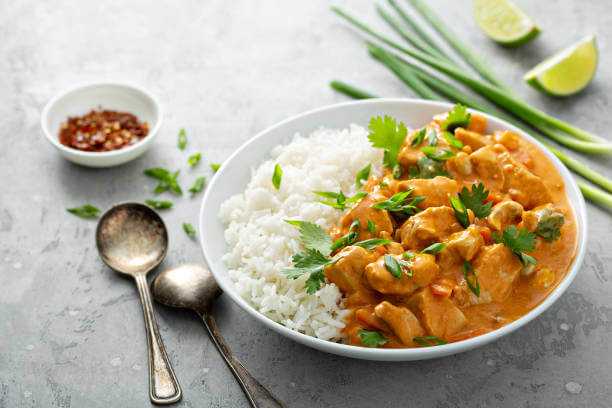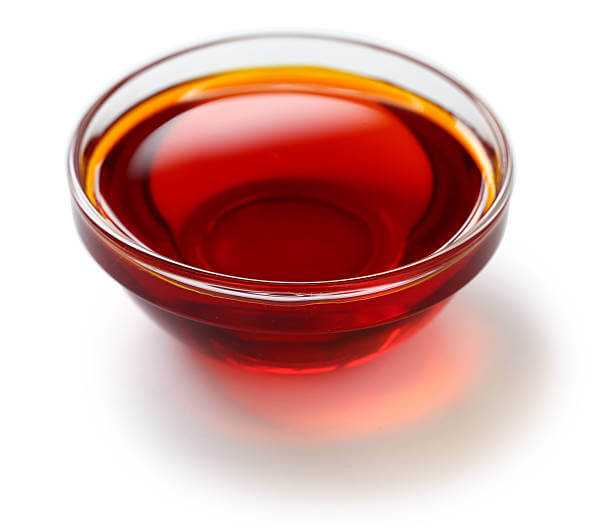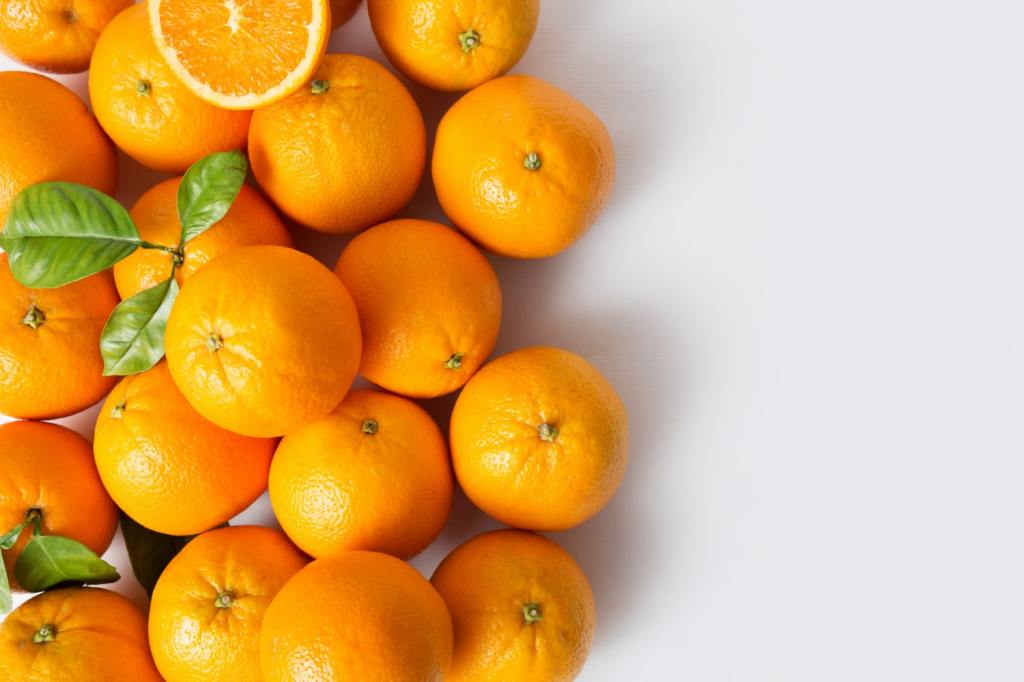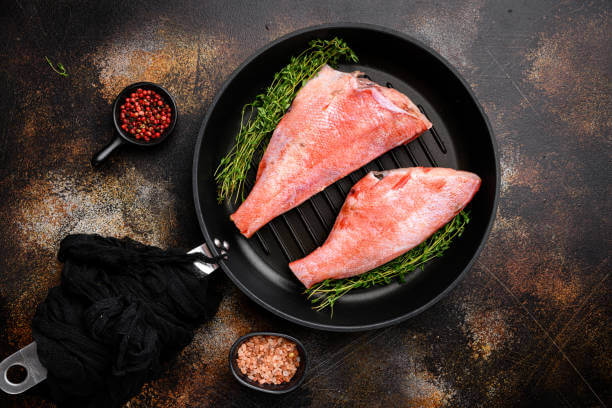In the quest for shedding unwanted pounds and achieving a healthier body, countless diets and weight loss strategies have emerged over the years.
Among them, protein has taken an essential role in the battle against excess weight. Proteins are well known for their ability to promote satiety, boost metabolism, and preserve lean muscle mass. While they are great for losing weight not all proteins are created equal in this aspect.
The protein landscape is diverse, from animal-based sources like lean meats and dairy to plant-based alternatives such as legumes.
With many options available, it becomes crucial to discern the best protein sources to maximize weight loss efforts and achieve optimal results.
Here we’ll dive into the world of protein and show you the best protein in the realm of weight loss.
Why is protein important for weight loss?

Protein intake is for weight loss and not many know this, dietary protein has a number of uses some of which are:
- Satiety and appetite control: Firstly protein has the ability to promote the feeling of fullness and satisfaction. This is because protein takes longer to digest than carbohydrates, which helps keep you feeling satisfied for a longer period. This can prevent overeating and help control calorie intake, ultimately supporting weight loss efforts.
- Muscle preservation: For those looking to take in fewer calories, your body may break down both fat and muscle for energy during a calorie deficit. Eating enough protein can help preserve lean muscle mass during weight loss. This is very key due to the fact that muscles are metabolically active and burn more calories at rest compared to fat. Therefore preserving muscle mass helps maintain a higher metabolic rate.
- Increased energy expenditure: The process of digesting, absorbing, and metabolizing protein requires more energy compared to other food groups. This is known as the “thermic effect of food”. By consuming protein, you can increase your metabolic rate and calorie expenditure thereby contributing to overall energy balance and support weight loss efforts.
- Enhanced fat burning: Protein consumption increases fat oxidation, a process of breaking down and utilizing stored fat for energy. This can enhance fat burning during weight loss and improve body composition.
- Blood sugar control: Protein-rich foods have little impact on blood sugar levels compared to meals with a lot of carbs. Including protein in your meals helps regulate blood glucose levels and prevent spikes and crashes. This in turn can aid in controlling cravings and hunger, making it easier to stick to a calorie-restricted diet and maintain stable energy levels.
Different Protein Sources
Protein can come from different sources namely Animal protein sources and Plant-based protein.
Animal-based proteins

- Lean meats: They include poultry like chicken and turkey and lean cuts of beef, pork, or lamb. They are excellent sources of high-quality protein, along with essential nutrients like iron and vitamin B12.
- Fish and seafood: Fish like salmon, tuna, and trout are rich in protein and omega-3 fatty acids. They offer additional health benefits for cardiovascular health.
- Eggs: Eggs are a complete protein source as they contain all the essential amino acids.
- Dairy products: Milk, yogurt, cheese, and cottage cheese are protein-rich options. They also provide calcium and other essential nutrients.
Plant-based proteins

- Legumes: Beans, peas, and soybeans are plant-based protein sources. They are also high in fiber, making them a filling option.
- Nuts and seeds: Almonds, walnuts, chia seeds, hemp seeds, and flaxseeds are examples of protein-rich nuts and seeds. They provide healthy fats along with protein.
Best Animal-based protein for weight loss
Sardines

Sardines are small, oily fish that offer a good amount of protein and omega-3 fatty acids. They are also rich in calcium and vitamin D.
Nutritional Value of Sardines per 100g
Calories: 208 kcal
Protein: 25 grams
Fat: 11 grams (including omega-3 fatty acids)
Carbohydrates: 0 grams
Fiber: 0 grams
Sugars: 0 grams
Tilapia

Tilapia is a mild-tasting white fish that is low in calories and contains a good amount of protein. Tilapia is a great choice due to its affordability and many uses in cooking.
Nutritional Value of Tilapia per 100g
Calories: 96
Protein: 20.08 grams
Fat: 1.70 grams
Carbohydrates: 0 grams
Fiber: 0 grams
Sugar: 0 grams
Chicken

Skinless Chicken is a lean source of protein, low in calories, and virtually free of carbohydrates. Ideally you want to eat more of the chicken breast.
Nutritional Value of Skinless Chicken Breasts
Calories: 165 calories
Protein: 31 grams
Fat: 3.6 grams
Carbohydrates: 0 grams
Cholesterol: 85 milligrams
Sodium: 70 milligrams
Turkey

Similar to chicken, turkey is lean and provides ample protein.
Nutritional Value of turkey per 100g
Calories: 135 calories
Protein: 29 grams
Fat: 1 gram
Carbohydrates: 0 grams
Cholesterol: 55 milligrams
Sodium: 55 milligrams
Prawns

Seafood is also a great option in a weight loss diet. Prawns are high in protein and a great way to get many other vital minerals.
Nutritional Value of prawns per 100g
Calories: 85 calories
Protein: 18 grams
Fat: 1.4 grams
Carbohydrates: 0 grams
Cholesterol: 189 milligrams
Sodium: 420 milligrams
Best Plant-based protein for weight loss
Beans

Whatever type of beans you’re into, beans are an amazing source of protein that can serve as a middle ground between carbs and protein, perfect for weight loss.
Nutritional Value of beans per 100g
Calories: 120-150 calories (depending on the variety)
Protein: 6-9 grams
Fat: 0.5-2 grams
Carbohydrates: 20-25 grams
Fiber: 6-10 grams
Sodium: 0-5 milligrams
Groundnuts

Nuts are a great source of protein that doesn’t fill you up easily in particular groundnuts are a great contributor to a high protein intake and they slot in perfectly in a salad to balance out their slightly high calories.
Nutritional Value of Groundnuts per 100g
Calories: 567 calories
Protein: 25 grams
Fat: 49 grams
Carbohydrates: 16 grams
Fiber: 8 grams
Sugar: 4.7 grams
Sodium: 18 milligrams
A Great snack source of protein (Bonus)
It’s not easy sticking to a strict diet of consuming cooked food, sometimes it’s great to ease back and enjoy some pleasure. Here are two snacks rich in protein that’ll reap rewards whilst spoiling you.
Kuli Kuli

Kuli Kuli is a Nigerian snack made from roasted groundnuts that have been grounded into a paste and fried. They are a great source of protein and an alternative for people who don’t want to eat regular peanuts.
Nutritional Value of Kuli Kuli per 100g
Calories: Around 600-650 calories
Protein: 30-35 grams
Fat: 50-55 grams
Carbohydrates: 10-15 grams
Fiber: 5-7 grams
Sodium: 100-200 milligrams
Kilishi

Kilishi is a popular Nigerian snack made from dried and spiced meat, typically beef. It is similar to beef jerky but with a distinct Nigerian flavor.
Nutritional Value of Kilishi per 100g
Calories: Around 400-450 calories
Protein: 50-60 grams
Fat: 20-25 grams
Carbohydrates: 5-10 grams
Fiber: 0-2 grams
Sodium: 800-1000 milligrams
How much protein should you take daily to lose weight?
While protein intake isn’t the only factor to consider when planning a weight loss program, it influences how much weight you lose alongside other factors. However, a general guideline is to aim for a protein intake that makes up about 15-30% of your total daily calorie intake. Let’s take a look at three things to consider concerning protein intake:
Recommended Dietary Allowance (RDA): The RDA for protein is set at 0.8 grams of protein per kilogram of body weight (or 0.36 grams per pound). However, this recommendation is intended to meet the basic protein needs of the average sedentary individual and may not be sufficient for those with weight loss goals or individuals who are physically active.
Higher Protein Intake: For weight loss goals, some studies suggest that a higher protein intake may be beneficial. Aim for a range of 1.2-2 grams of protein per kilogram of body weight (or 0.55-0.91 grams per pound). This higher protein intake can help preserve lean muscle mass, promote satiety, and support weight loss efforts.
Individualized Approach: It may be helpful to consult with a registered dietitian or healthcare professional who can assess your specific needs and provide personalized recommendations based on factors such as your current weight, activity level, and overall health goals.
Conclusion
When it comes to losing weight, incorporating an adequate amount of protein into your diet is essential to weight loss.
Incorporating a variety of protein sources into your diet ensures a wide range of essential nutrients and promotes dietary diversity but keep in mind that while protein is important for weight loss, it should be part of a well-balanced diet that includes a variety of whole foods, fruits, vegetables, whole grains, and healthy fats and if you’re looking for a place to get fresh food items why not try our online grocery store?





Leave a comment